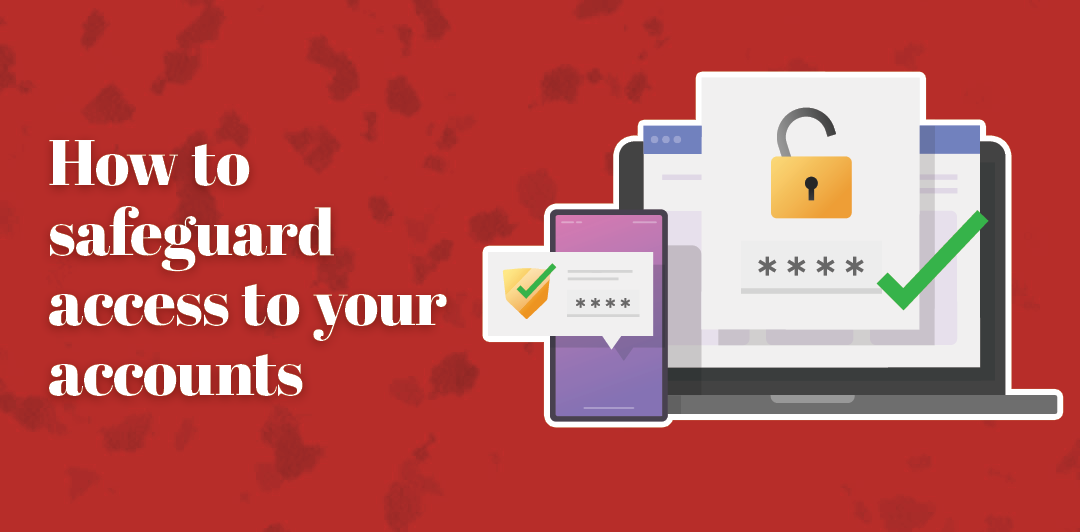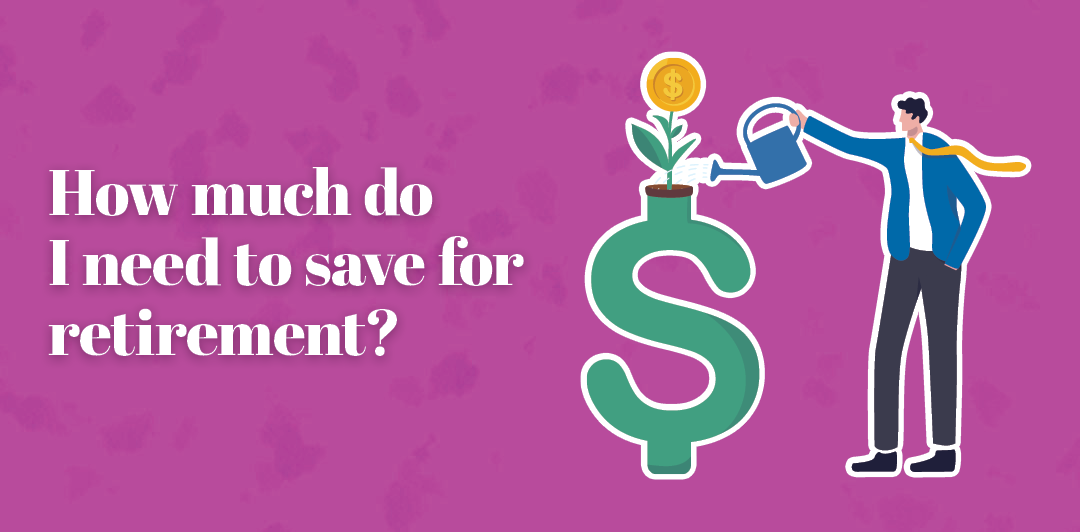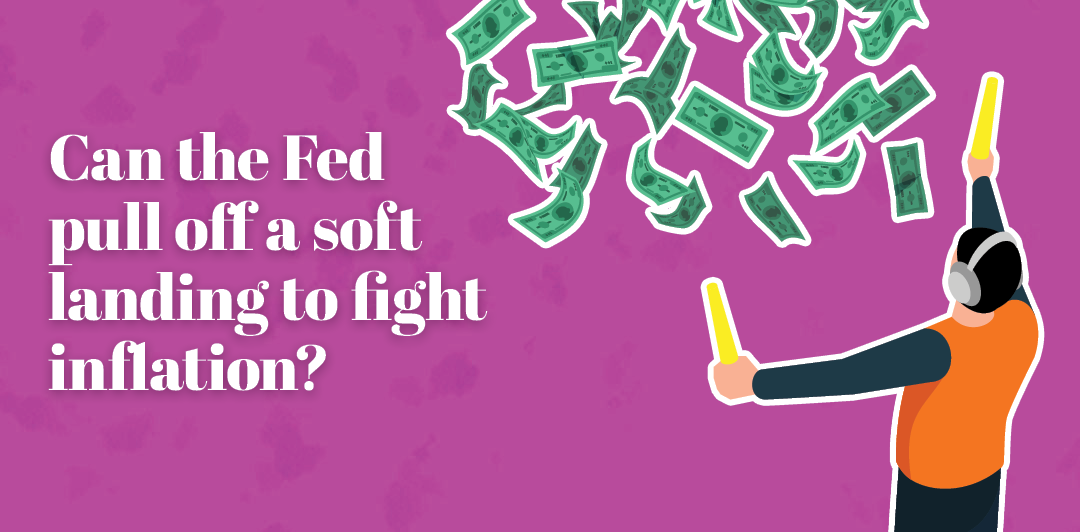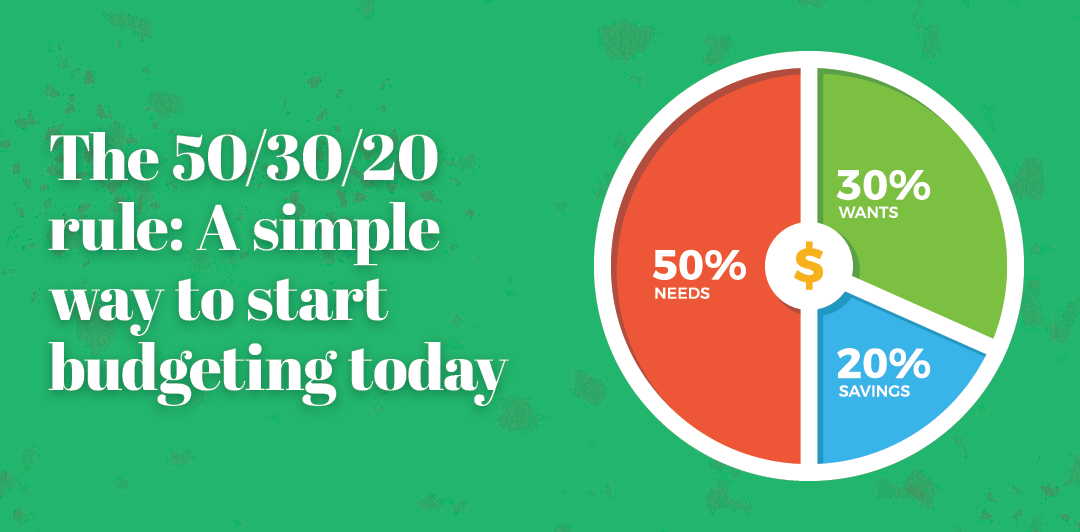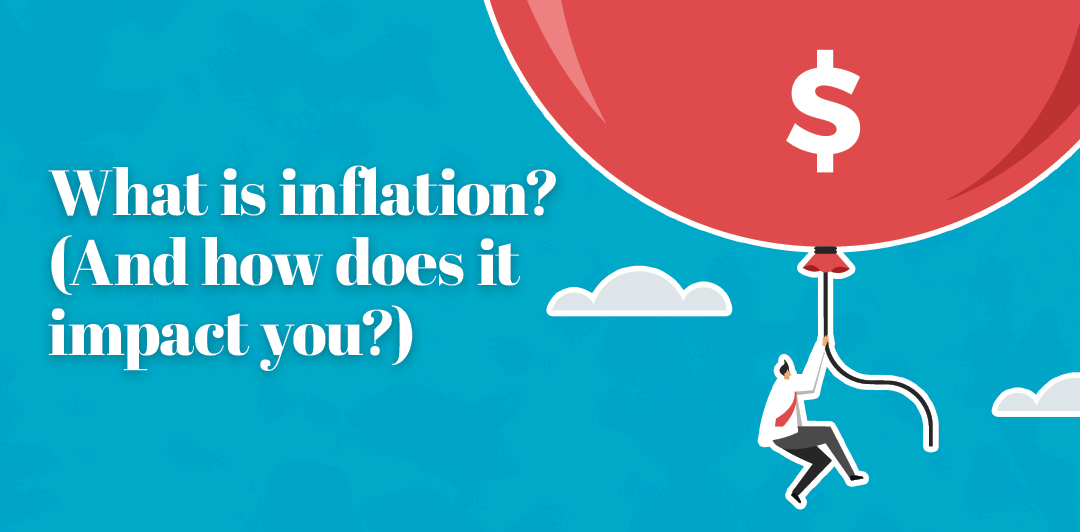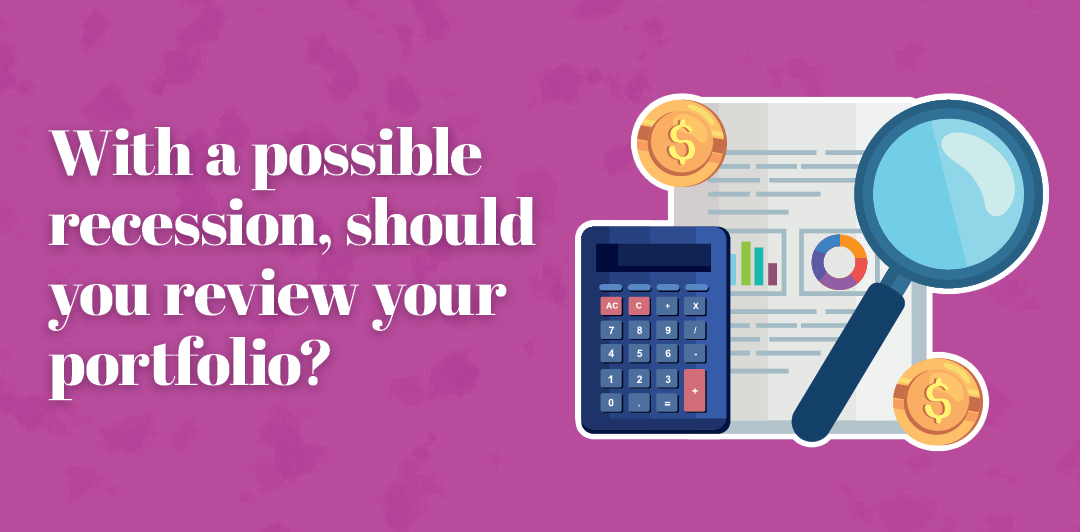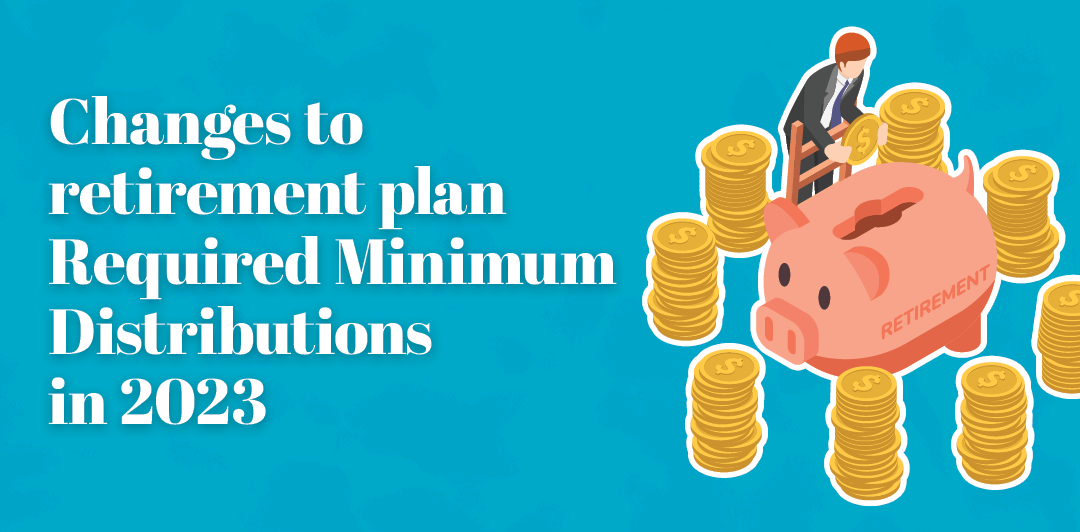


Lease vs Buy: Which is Better for My Business?
Equipment, vehicles, facilities – large-ticket items are just one type of expense a business owner will have to manage. Coupled with hidden fees, such as taxes, delivery charges, installation fees, and routine maintenance, purchasing an asset can prove costly. Financing options, including business loans and leases, are available to businesses that are in the market to acquire a new asset. However, proper planning by a business owner is necessary to find the best decision for each large-ticket purchase.
Leasing
Leasing equipment, a vehicle, or even a building can yield several advantages. First, leasing generally equates to a lower initial investment. Since payments are spread out over several years, there is no significant outlay of cash related to leasing. In addition, by paying only rental expense, a business owner can invest in better quality, even more expensive assets. Depending on the industry, the risk of asset obsolescence might be of concern. Leasing can decrease this risk, as upgrading is made easier with replacement options. Moreover, lease payments are treated as operating expenses for the business and interest is tax-deductible.
Leasing does present some disadvantages for business owners. Although owning an asset is not without risks, both control and ownership are surrendered with leasing. In addition, while lower monthly payments spread out the costs of leasing over a set period, leasing requires interest payments that can result in paying more for an asset than if it was purchased. Should the business owner decide the asset is no longer needed, one cannot get out of a lease agreement. Rather, monthly payments will continue unless a lump sum is paid to settle the remaining balance owed.
Buying
Ownership of an asset has its benefits. A business can continue to use a purchased asset for as long as it remains productive, or the asset can be sold when any loans are paid off. Although leasing companies are typically against customization of an asset, purchased or financed assets can often be tailored to meet business specifications.
Purchasing or financing an asset is not without risk. A business can have a huge initial outlay of cash, or borrowed funds may result in lender restrictions. Additionally, an owned asset can become obsolete or have very little resale value when a business is ready to dispose of it. There are also maintenance costs associated with a purchased or financed asset. Routine inspection and maintenance of assets decreases the chances of business disruptions to both productivity and scheduling.
Conclusion
There are both pros and cons to examine when acquiring a new asset. Careful consideration of cash flow, taxes, and useful life of the asset will help business owners determine when to lease and when to buy.
Jeramy Culler is Vice President of Commercial Services at F&M Trust.
Recent Articles
Join our e-newsletter
Sign up for our e-newsletter to get new content each month.














